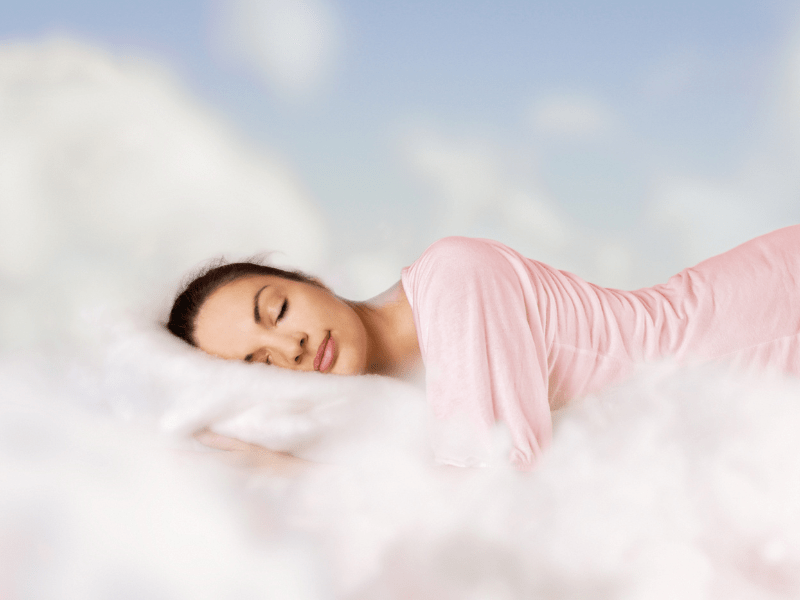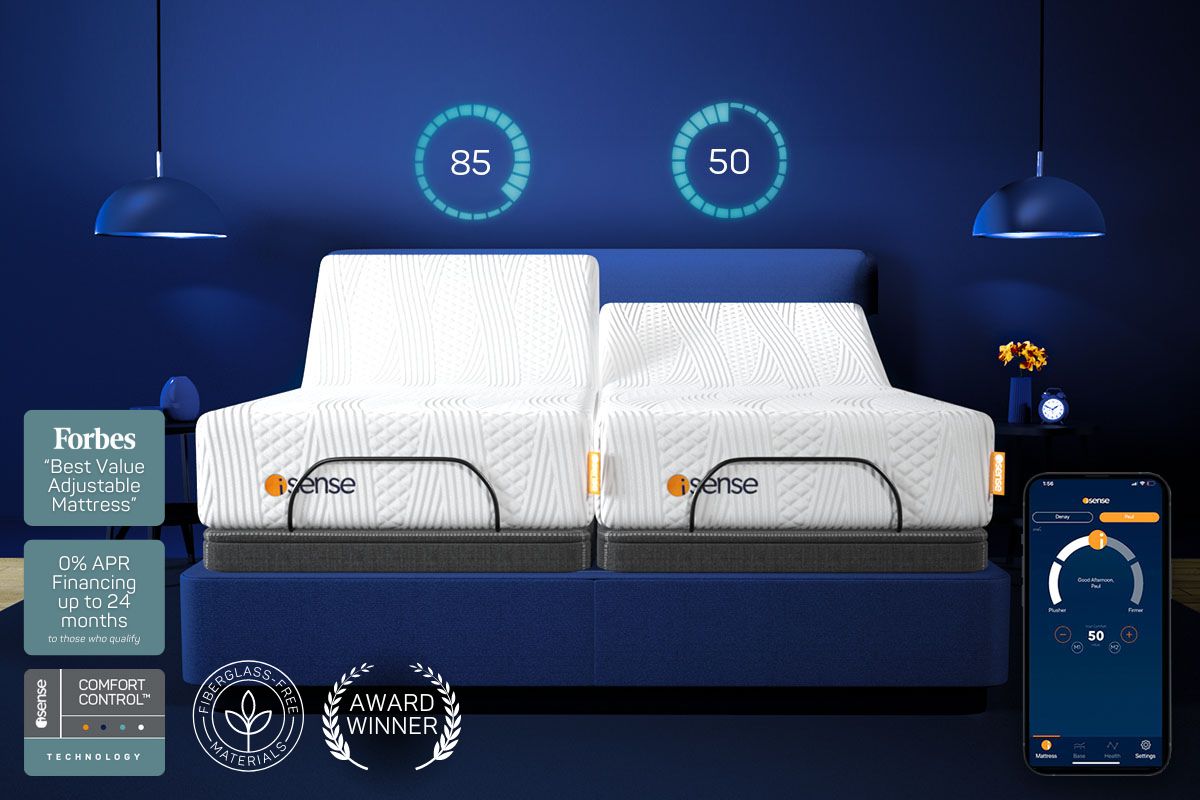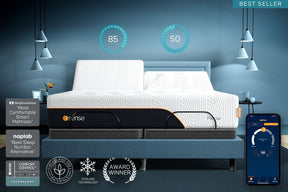Sleep and Weather: How Changing Climates Can Affect Your Rest
Sleep is a vital aspect of human health, influenced by numerous factors, including routine, diet, and stress levels. One external factor that’s often overlooked, however, is weather. It has a significant impact on sleep quality.
Subtle and overt shifts in the environment – from temperature fluctuations to the sound and impact of a rainstorm – can alter sleep patterns. Weather-related challenges come in various forms, such as extreme temperatures, humidity, and atmospheric pressure changes.
During periods of high temperature and humidity, discomfort can make it difficult to fall and stay asleep, while cold weather can have the opposite effect, promoting feelings of sleepiness while also impacting the ease with which one falls asleep.
Storms and seasonal changes also affect sleeping conditions by influencing the room's ambiance or causing anxiety that can disrupt sleep.
Understanding the relationship between weather and sleep is crucial for optimizing sleep hygiene. Awareness and appropriate adjustments in bedroom environment and sleep routines can mitigate the negative impacts of weather, thereby enhancing overall sleep quality.
Knowing that seasonal and weather fluctuations play a role in sleep can guide individuals in making informed decisions to foster good sleep year-round.
Understanding Sleep and the Environment
The interaction between the environment and sleep is crucial as external conditions can significantly alter sleep quality and patterns.
This includes the influence of different seasons and weather changes on the sleep cycle, as well as how body temperature regulation plays a vital role in achieving restorative sleep.
Influence of Weather on Sleep
Weather conditions directly affect the quality of sleep a person gets.
High levels of humidity can lead to discomfort and disrupt the sleep cycle, leading to insomnia. Conversely, optimal weather conditions can enhance the comfort level of the bedroom environment, supporting better sleep quality.
Further reading on this topic can be found in the article "How Weather Influences Sleep".
Impact of Seasons on Sleep Patterns
Specific seasons bring shifts in daylight exposure, which can influence circadian rhythms and the production of the sleep hormone melatonin.
This adjustment can cause disruptions in a person's sleep cycle, affecting aspects of mental health such as mood and memory.
In winter, shorter days can lead to Seasonal Affective Disorder (SAD), which is linked to changes in sleep pattern.
“The effects of seasons and weather on sleep patterns" reveals the adaptability required by the body to maintain consistent sleep across different seasons.
Temperature Regulation and Sleep Quality
A room's temperature affects the body’s core temperature, which needs to drop slightly to initiate sleep, particularly deep sleep.
An environment that is too warm or too cold can lead to increased heart rate and waking up throughout the night, resulting in lasting fatigue.
The connection between thermal environment and sleep is examined in the research article titled, "Effects of thermal environment on sleep and circadian rhythm".
Practical Tips for Optimal Sleep
Ensuring a conducive bedroom environment and adopting behavioral adjustments can significantly enhance sleep quality across different seasons. These practical tips are grounded in research and can help maintain healthy sleep patterns.
Bedroom Environment for Better Sleep
Seasonal Adjustments: Room temperature is crucial for sleep regardless of whether it's summer, spring, winter, or fall.
Keep the bedroom cool during summer with air conditioning or a fan. In winter, maintain warmth with proper insulation, use of a humidifier if needed, and the use of a heated blanket.
- Spring and Summer: Use light, breathable bamboo sheets and pajamas to stay cool.
- Fall and Winter: Choose bedding that retains heat; flannel sheets might be ideal.
Minimizing Allergens: Dust mites and pollen can disrupt sleep. Use hypoallergenic mattress and pillow covers to keep allergies at bay.
Optimal Mattress and Pillow: The best mattress and pillow should support the body comfortably, aligning the spine naturally to prevent discomfort and restlessness.
Darkness and Lighting: Diminish artificial lighting exposure before bedtime as it can affect your circadian rhythm.
Use blackout curtains or an eye mask for complete darkness, simulating sunset conditions for an optimal sleep environment.
Behavioral Adjustments for Improved Sleep
Regulation of Internal Temperature: Taking a warm shower before bed can aid the natural drop in core body temperature, necessary for sleep initiation.
Sleep and Wake Consistency: Maintaining a regular sleep schedule is key, even during daylight savings time changes.
The adjustment can affect emotions and cognitive performance, so it's essential to remain consistent with sleep and wake times.
- Circadian Synchronization: Exposure to bright light in the morning and throughout the day can help stabilize your circadian clock, leading to better sleep regulation.
Pre-Sleep Routine: Develop pre-sleep rituals that promote relaxation.
Techniques may include reading, gentle stretching, or meditation to transition your mind and body toward sleep.
Avoiding Stimulants: Limit the intake of stimulants such as caffeine, particularly in the afternoon or evening, as they can disrupt the ability to fall asleep.






















